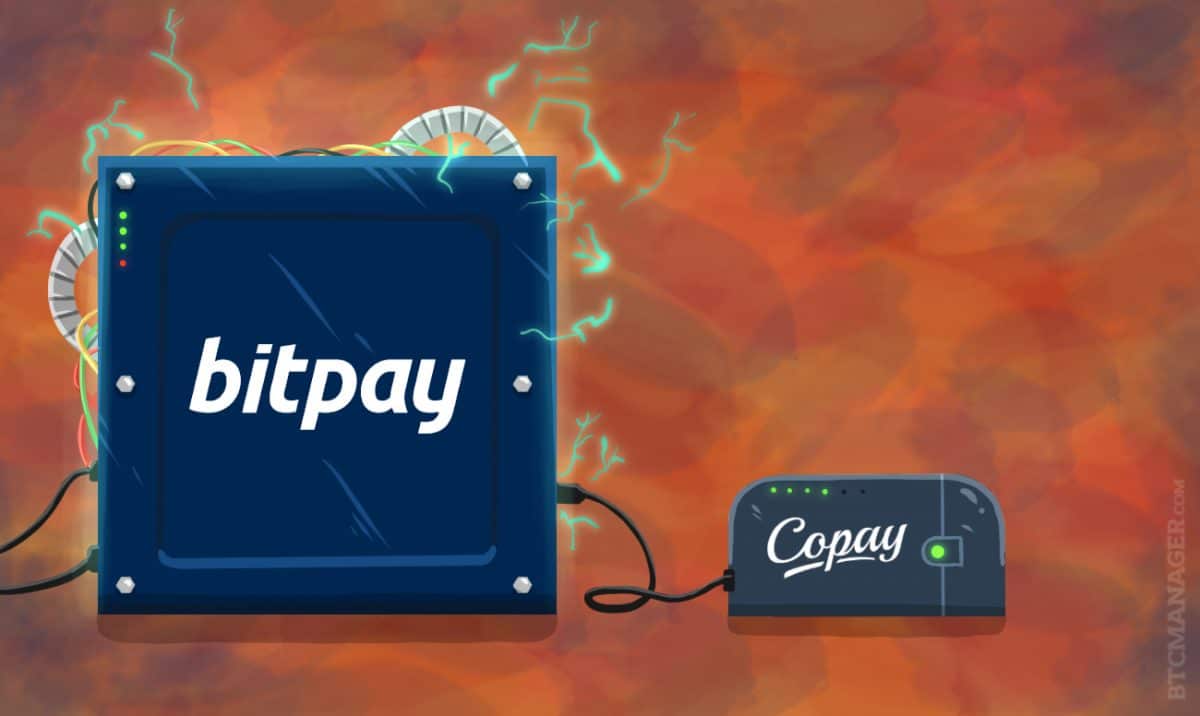BitPay Releases Ultra-Secure Bitcoin Wallet Based on Intel’s Technology

Leading bitcoin merchant payment processor BitPay announced that it has launched a new bitcoin wallet, called Copay, which leverages Intel security technologies to provide ultra-secure storage.
BitPay has integrated Intel’s Intel® Software Guard Extensions and Intel® Identity Protection Technology with protected transaction display into the Copay bitcoin wallet to provide secure private key generation, safe transaction signing and added protection for the user’s private keys.
Unfortunately, exchanges and wallets have been the target of repeated cyber attacks since the launch of Bitcoin in 2009. This has lead to the loss of million of dollars worth of cryptocurrencies in the past. Hence, offering a new bitcoin wallet alternative that focuses primarily on security will likely be well received in the Bitcoin community. Especially businesses that will rely on Copay to transact in higher digital currency volumes will appreciate the added security that comes with Copay’s Intel security technology integration.
A demo solution of Copay will be showcased at Money20/20 in Las Vegas this week and the final product will become available in the coming months, according to BitPay CEO Stephen Fair, who stated:
“Providing user-friendly financial security is one of bitcoin’s biggest opportunities, and Intel’s silicon-based security helps us move bitcoin closer to the mainstream. We look forward to releasing this to Copay users in the coming months.”
On the integration of Intel’s technology into bitcoin wallets, Rick Echevarria, Vice President of Intel’s Software and Services Group, made a very hopeful statement for bitcoin enthusiasts affirming Intel’s support for bitcoin and the blockchain. He stated:
“The decentralized trust which blockchain technology enables has the potential to transform interactions over the Internet, starting with bitcoin. With blockchain technology and our security and computing assets, Intel hopes to bring decentralized trust to a wide array of asset exchanges over the Internet.”
As the leading tech companies such as Microsoft and IBM have moved toward the blockchain, this has attracted the attention of others, such as Intel and Samsung. Intel joined the HyperLedger project in June 2016, which is developing its own blockchain technology known as ‘Fabric.’
An increase in the security measures for bitcoin storage and large transactions will play a vital role in global Bitcoin adoption for commercial purposes. Hence, Intel’s involvement in improving the infrastructure is a big step in the right direction for mass Bitcoin adoption.














